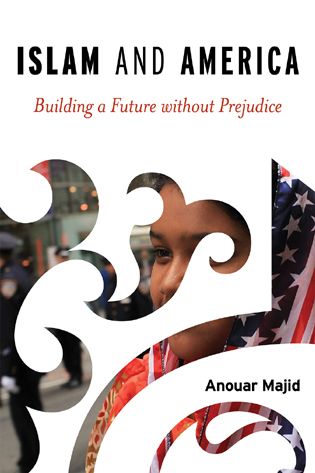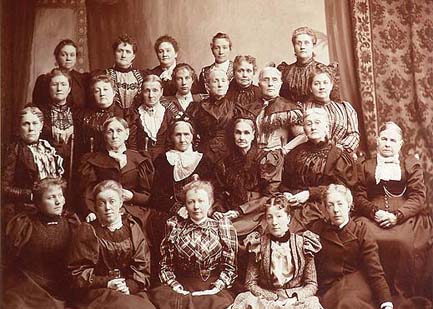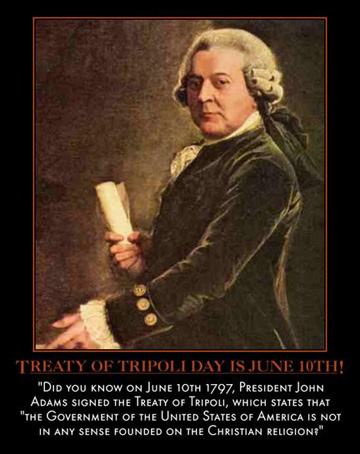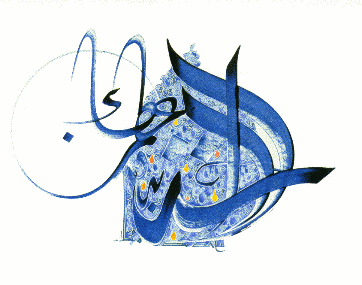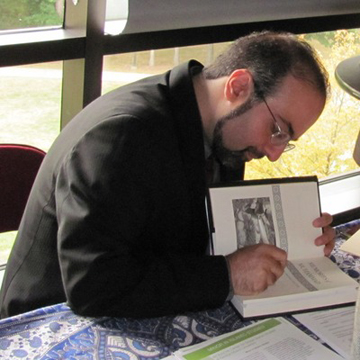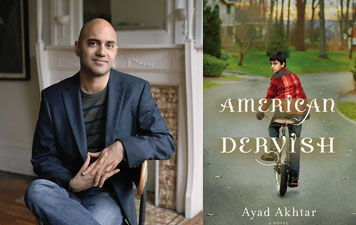
Author Ayad Akhtar, left
by JENNIFER S. BRYSON, Contending Modernities, August 7, 2012
American Dervish, by American actor and author Ayad Akhtar, is set in one of the many places in the world with vibrant Muslim communities. In this case: Wisconsin.
Akhtar skillfully develops wonderful characters. As I delved into this novel I kept wanting to find more and more time to read so I could find out what would happen to characters such as the main figure Hayat; Mina, a dear family friend; and Mina’s suitor, the kind Jewish doctor Nathan. Also, Akhtar powerfully tackles the serious, generally taboo topics of Jew-hatred and domestic abuse. (This courageous novel goes beyond abstract “anti-Semitismâ€; American Dervish confronts outright hatred and its real-life consequences.)
Quran “translation†conundrum
Along the way, American Dervish has one of the most interesting wrestling matches I’ve seen yet over whether or not to make the Quran accessible in languages other than Arabic for people who do not know Arabic. (While I as a non-Muslim am an onlooker to these intra-Muslim “wrestling†matches, I myself have sat through more than a few Catholic Masses in Latin trying to figure out why we weren’t using a language the people present would actually understand.) Continue reading Faith confronts culture in “American Dervishâ€

